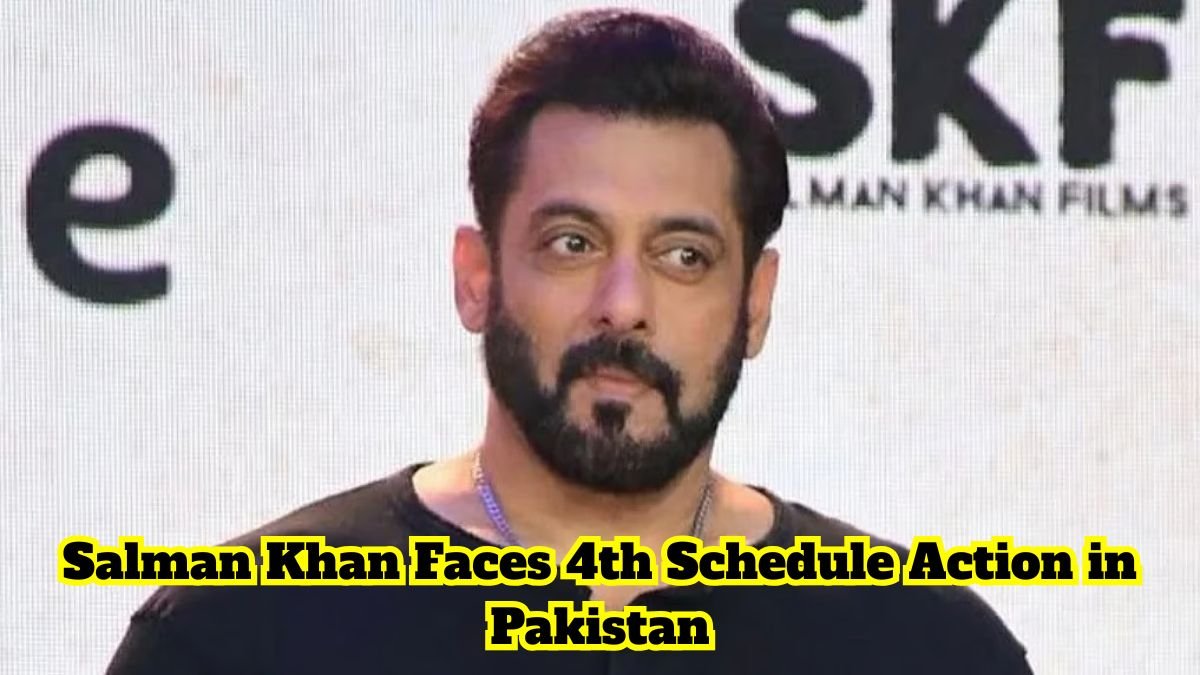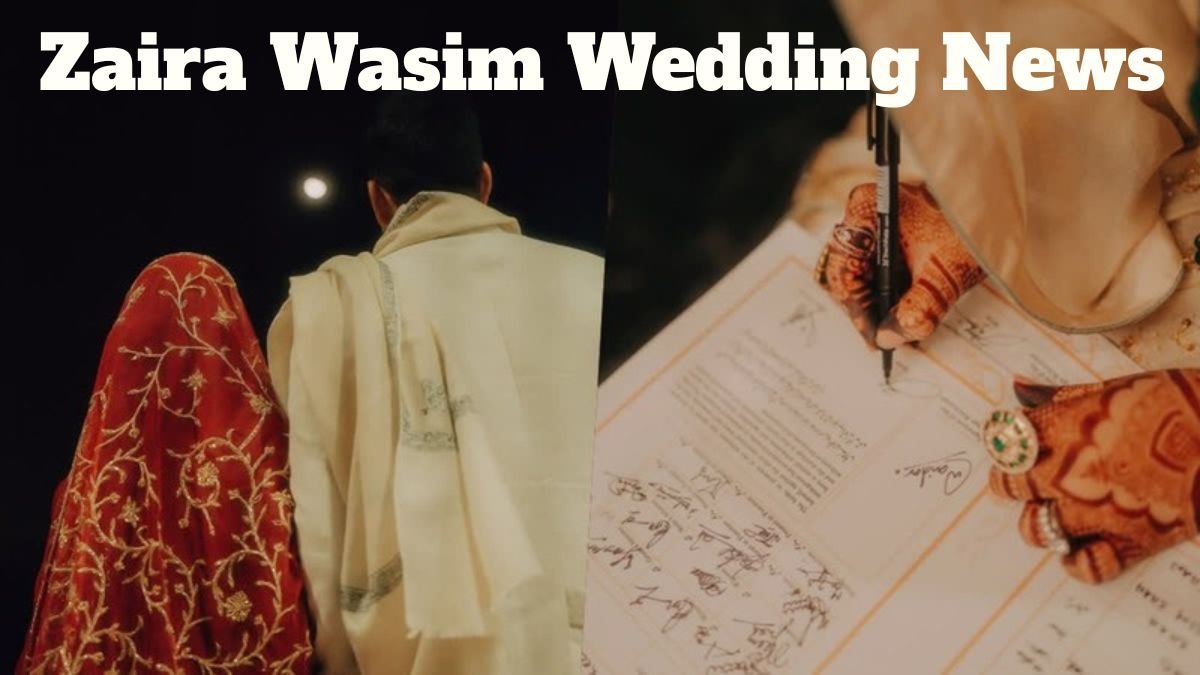Bollywood’s Dabangg star Salman Khan is once again in the headlines, but this time the reason isn’t a film or a reality show controversy. Rather, the matter is directly linked to Pakistan’s law and politics. The Pakistani government has added Salman Khan’s name to the Fourth Schedule of the Anti-Terrorism Act.
The reason for this decision is reportedly Salman Khan’s recent statements on the Balochistan issue.
Let’s understand this entire controversy in detail—what exactly did Salman Khan say, why did Pakistan take such drastic action, and what exactly is the meaning of this “4th Schedule”?
Balochistan statement sparks new controversy
Some time ago, Salman Khan expressed his views on the situation in Balochistan during an interview. He said that Pakistan should treat the Baloch people living in the country fairly, because “development cannot be achieved by suppressing any community.” Although Salman Khan made this statement in the spirit of peace and human rights, many hardline political parties and media groups in Pakistan considered it interference in their internal affairs.
This statement sparked a political uproar in Pakistan, and the matter quickly escalated to the point where the government was forced to intervene.
Pakistan’s Response – Putting Salman Khan in the 4th Schedule
Pakistan, taking this statement seriously, added Salman Khan’s name to the “Fourth Schedule.”
This is the same law enacted under the Anti-Terrorism Act 1997. It includes the names of those deemed “anti-national,” “inciters,” or “promoters of terrorism.”
A person’s inclusion on this list means that they cannot enter Pakistan, and if they enter Pakistan in any way or engage in any activity related to them, they can be monitored and subject to legal action.
What is the 4th Schedule?
The “4th Schedule” is a stringent legal provision of Pakistan’s Anti-Terrorism Act (ATA).
Under this, the government lists individuals deemed “threats” to national security.
- A person’s passport can be revoked,
- bank accounts can be frozen,
- their movements can be monitored,
and if they are found engaging in political or social rhetoric, they can even face arrest.
Salman Khan’s inclusion in this list is being considered more serious than a mere political statement, as this move also appears to be a “diplomatic warning.”
Importance of Balochistan in Pakistani Politics
Balochistan is Pakistan’s largest but least populated province.
There have long been movements demanding autonomy and resource allocation.
The Pakistani government has been accusing Baloch separatists of “support from foreign forces,” while numerous international organizations have raised concerns about human rights violations there.
In such an environment, when a foreigner—especially a country like India—comments on Balochistan, the Pakistani government turns it into a “national security issue.”
This is why even a “humanitarian statement” by Salman Khan was met with disapproval by the rulers there.
Public Reactions in India—Both Support and Surprise
As soon as Pakistan’s action became public knowledge, #ISupportSalmanKhan began trending on social media in India.
Fans said that Salman had said nothing wrong, but had raised the voice of humanity.
Several Bollywood celebrities, without directly naming Pakistan, also said that “art and the voice of artists should not be dragged into politics.”
However, some critics also said that artists should exercise caution when speaking on sensitive international issues, as the impact of their words extends beyond the entertainment world.
Diplomatic Perspective – Is It Just Politics?
Experts believe that Pakistan’s move is a tactic to exert diplomatic pressure.
Often, when Pakistan disagrees with a film or statement in India, the government or organization there takes symbolic action to send a message through domestic politics that “we are tough on India.”
Imposing the 4th Schedule on Salman Khan is likely part of this political message.
While this case is highly unlikely to reach court, it has become the center of political and media discussion.
Bollywood’s Silence – Fear or Wisdom?
Interestingly, amid this entire controversy, major Bollywood names have not openly responded.
Neither condemned Pakistan’s move nor openly supported Salman.
The reason behind this silence is understandable – the international marketing of Bollywood films, especially in the Gulf countries, which have deep socio-religious ties with Pakistan.
Perhaps the industry doesn’t want this controversy to escalate into a major regional crisis and harm Indian cinema.
Salman Khan’s Response – A Calm and Restrained Answer
So far, Salman Khan hasn’t issued a formal statement on the issue, but according to sources close to him, he has stated that his intention was not to offend any country or government.
He was simply talking about human rights and peace.
Salman has always been known for his “Being Human” brand and his charity work, and the purpose of this statement was also related to humanity, not politics.
According to sources close to him, Salman said
Expert Opinion – The Role of International Media
International media also widely covered this news.
News channels in the US, UK, and Gulf countries wrote that Pakistan’s action was an “attack on freedom of expression.”
Several human rights organizations questioned whether it was appropriate to book an artist under the “terrorism law” simply for expressing an opinion.
While there has been no official response from the Indian Ministry of External Affairs, this matter adds a new layer to India-Pakistan relations.
What Next? – The Potential Impact and Future of the Controversy
The question now arises: what will happen next?
Legally, Pakistan’s move is being considered symbolic.
Salman Khan is not involved in any travel or business activity in Pakistan, so “4th Schedule” will not directly impact him.
But it is certainly true that this incident has once again cooled the cultural dialogue between India and Pakistan.
While artists from both countries once appeared in each other’s films, the political climate has now become so tense that even considering a cross-border project has become risky.
This controversy involving a major actor like Salman Khan could further widen the gap between Bollywood and Pakistani cinema in the future.
Conclusion
Salman Khan’s statement on Balochistan may have displeased Pakistan, but many viewers in India and around the world are seeing it as a humanitarian appeal.
This incident is not just between an actor and a country, but it raises the question:
Has even speaking about truth and humanity become a “threat” in today’s times?






